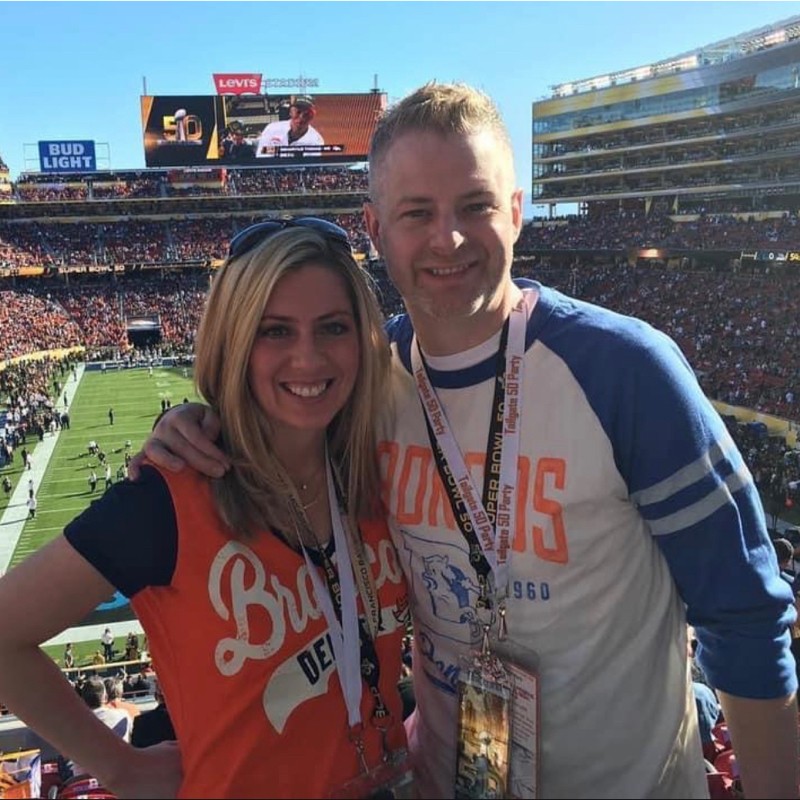Are Mormons Christians?
Are Mormons Christians? Critics state, “Mormons aren’t Christian because they do not believe in the authority or doctrine of the first seven councils of Christianity.”
It is true that Mormons do not accept the authority of the first seven councils of Christianity. Specifically, Mormons do not believe that all of the doctrines contained in the first seven ecumenical councils are true, in particular, Mormons don’t believe that what these councils have written about the nature of God is doctrine. However, it should be noted that “Latter-day Saints gladly and gratefully recognize that all religious creeds contain some truth.”
The first ecumenical council was held at Nicaea, a city in modern-day Turkey. It was called because there were doctrinal divides among Christians. One of the divides concerned the teachings of a priest named Arius who claimed that Jesus was subordinate to the Father, was created, and thus, not eternal, like the Father. The creed written at the Council of Nicaea rejected this Arian theology and favored the theology of a man named Athanasia.
The Nicaean Creed was first written in Greek and describes the nature of God the Father and God the Son, using the word “homoousios.” This word is difficult to translate and has been the subject of scholarly and theological debate for centuries. In fact, the nature of God continued to be debated in the next five ecumenical councils. Homoousios is often translated to mean that God the Father, God the Son, and God the Holy Spirit are “of the same substance,” or “of one substance.”
Mormon priesthood ban. Joseph Smith believed that Black people were descendants of Canaan, he interpreted this to mean that God cursed the sons of Canaan with slavery. However, Smith did not think that slavery was right. In fact, when he ran for president, part of his platform was the emancipation of all slaves. ted this to mean that God cursed the sons of Canaan with slavery.Smith did not teach that the curse of Canaan restricted Black people from the priesthood. At least two Black men were ordained to the priesthood. These men were Elijah Able and Q. Walker Lewis. Records also show that Able participated in temple ordinances in Kirtland. He participated in a washing and anointing ordinance.
References
- John W. Welch, “‘All Their Creeds Were an Abomination:’ A Brief Look at Creeds as Part of the Apostasy,” in Prelude to the Restoration: Apostasy to the Restored Church, The 33rd Annual Sidney B. Sperry Symposium (Salt Lake City: Deseret Book, 2004).
- Brian D. Birch, “Mormonism and the Heresies,” in Let Us Reason Together: Essays in Honor of the Life’s Work of Robert L. Millet, eds. Spencer J. Fluhman and Brent L. Top (Provo: Religious Studies Center and the Neal A. Maxwell Institute for Religious Scholarship, 2016).
- “Ecumenical Council,” Columbia University, accessed April 23, 2024, https://projects.mcah.columbia.edu/medieval-architecture/htm/sw/ma_sw_prim_ecumen_council.htm#:~:text=Protestants%20recognize%20the%20authority%20of,do%20Protestants%20consider%20them%20authoritative.
- “The Ecumenical Councils and Authority in and of the Church,” Lutheran World Federation, accessed April 23, 2024, https://lutheranworld.org/sites/default/files/1993-Lutheran_Orthodox_Dialogue-EN.pdf.


